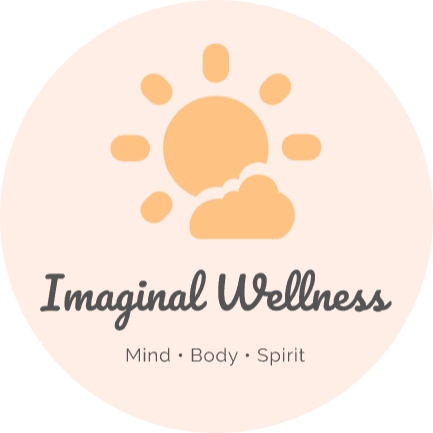About Me

Hypnosis: The Science of Focused Attention
Hypnosis seems like magic in many instances— but it’s also science. Research shows that hypnosis is a natural brain state where focused attention and imagination allow the mind to rewire itself for positive change. Brain imaging studies confirm that hypnosis produces measurable shifts in activity, enhancing learning, reducing pain, and breaking old patterns. Safe, drug-free, and effective, hypnosis works by harnessing the brain’s own capacity for healing and transformation.
Although often misunderstood, hypnosis is now widely recognized by science as a natural and measurable state of focused attention. Far from stage tricks or myths about “mind control,” hypnosis has been shown in countless studies to help the brain access deeper levels of awareness where change and healing are more easily achieved. In this state, the conscious mind relaxes while the subconscious becomes more receptive, creating the ideal conditions for learning new skills, overcoming obstacles, and rewiring old patterns.
Modern brain imaging technologies such as EEG and fMRI have revealed that hypnosis produces profound and observable shifts in brain activity. Under hypnosis, regions of the brain associated with focus, imagination, and sensory processing become more active, while habitual thought patterns grow quieter. This explains why hypnosis can reduce pain, ease stress, improve sleep, and help reshape unhelpful behaviors—the brain is literally reorganizing itself.
Hypnosis also works directly with neuroplasticity, the brain’s remarkable ability to form new neural pathways. By pairing deep focus with carefully crafted positive suggestions, hypnosis strengthens the brain’s capacity to adopt healthier responses and behaviors. Over time, these pathways can become lasting defaults, allowing people to naturally shift how they think, feel, and act in daily life.
In fact, hypnosis is already used in medical settings around the world. Hospitals and clinics employ hypnosis to prepare patients for surgery, reduce recovery times, support childbirth, improve sleep, and even manage chronic pain. The American Psychological Association and National Institutes of Health both recognize hypnosis as a valid and effective therapeutic tool. Unlike pharmaceuticals, hypnosis is non-invasive, drug-free, and has no harmful side effects.
Just like meditation or mindfulness, hypnosis taps into the body’s innate ability to regulate and heal. What makes it unique is the way it combines imagination, focus, and suggestion to create measurable changes in the brain and body. Science continues to uncover the potential of this powerful tool, proving that hypnosis is not only safe but one of the most effective ways to create positive, lasting transformation.
Get In Touch
I’d love to hear from you!
Complete the form to connect with me.
